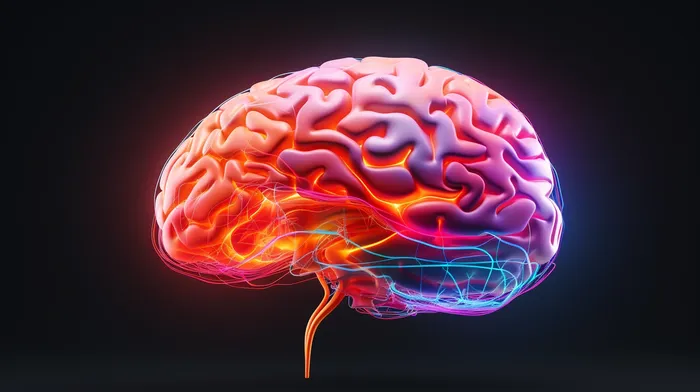Recent research published in Alzheimer’s Disease and Associated Disorders highlighted the strong connection between cardiovascular risk factors and the development of dementia. According to the research leader, Suzanne Cahill, their findings show that “brain health and cognitive functioning in later life are deeply embedded in physical and mental health in early life.” Knowing this, there are steps you can take to increase the odds of maintaining a healthy mind as you age.
Self-Rated Physical Fitness: A Significant Indicator
A study conducted in Finland explored how personal perception of physical fitness can predict one’s chances of developing dementia and Alzheimer’s disease. The simple question they asked participants was, “How would you rate your own physical fitness?” The individuals who rated their own physical fitness as poor had four times the risk for dementia compared to those who rated their fitness as good or excellent.
This study followed 3,559 adults over 30 years and found that those who reported poor physical fitness at the mean age of 50 had a four times higher likelihood of experiencing dementia during the following three decades compared to those who reported good fitness.
If you rated your own fitness as poor, it is important to identify the factors behind this perception. Making changes such as increasing physical activity, improving dietary choices, or quitting smoking could lead to a more positive self-rating, and in turn, reduce your risk of developing dementia.
Watch Your Weight and Exercise Regularly
If you know that you’re not physically fit yet rated your fitness as good, you might be doing yourself a disservice. Regular exercise and maintaining a healthy weight help reduce your chances of developing cardiovascular disease, which in turn decreases your dementia risk.
Get Enough Vitamin D
Research from Exeter Medical School in England has found a strong connection between vitamin D deficiency and increased risks of dementia and Alzheimer’s disease. Their study examined elderly Americans participating in the “Cardiovascular Health Study” and found that participants who were moderately deficient in vitamin D faced a 53% increased risk of developing dementia, while those who were severely deficient faced a 125% increased risk. Similar results were found for the risk of developing Alzheimer’s disease.
Most people get their vitamin D from a combination of sunlight exposure, consuming oily fish, and taking vitamin D supplements. Making sure you have adequate levels of this essential nutrient in your system can help reduce health risks later in life.
Take Action Now
The evidence is clear: by making changes to your lifestyle, you can reduce the risk of dementia and its devastating effects. While making these changes might be moderately challenging, the benefits for your senior years are well worth it. Be proactive about your health and take steps now to ensure a brighter, healthier future.



